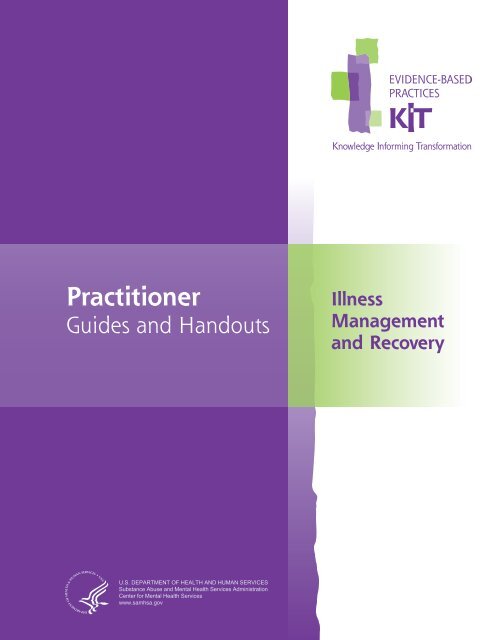- 313 Pt 1 Opposite Actiondialectical Behavioral Training Techniques
- 313 Pt 1 Opposite Actiondialectical Behavioral Training Post Test
- 313 Pt 1 Opposite Actiondialectical Behavioral Training Plan

313 Pt 1 Opposite Actiondialectical Behavioral Training Techniques
Behavior therapy is a structured approach that carefully measures what the person is doing and then seeks to increase chances for positive experience. Common techniques include: Self-Monitoring. Evaluation of behavioural skills training for teaching abduction-prevention skills to young children. Journal of Applied Behavior Analysis, 38, 67-78. Miles, N.I., & Wilder, D.A. The effects of behavioral skills training on caregiver implementation of guided compliance. Journal of Applied Behavior Analysis, 42(2), 405-410. Behavioral Action Plan Steps. The first step is to write down their goals. Remember, the Behavioral Action Plan focuses on goals that are reachable through behavioral adjustments. While skills are very important, this Behavioral Action Plan will only focus on behavioral goals.
WATCH THE FOLLOWING VIDEOS: Opposite Actions pt 2.


All emotions activate us to respond and the type of activation is biologically wired. The Opposite Action Skill allows us to choose to respond opposite from what our biological response would activate us to do. They get us ready to act. Here are some examples:
- Thirst: tells us that we need to hydrate. It activates us to drink water.
- Hunger: tells us that we need to give our body fuel. It activates us to eat.
- Fatigue: tells us that we need rest. It activates us to sleep.
Switch it Up

The 3 emotions listed above are helpful for our survival; but those that follow require thought before we act and opposite action may be helpful.

- Anger: gets us ready to attack/ It activates us to attack or defend.
- Shame: gets us ready to hide. It activates us isolate.Opposite: raise your head up, give eye contact, shoulders back.
- Fear: gets us ready to run or hide. It activates us to escape danger.Opposite: go towards, stay involved in it, build courage.
- Depression: gets us ready to be inactive. It activates us to avoid contact.
- Disgust: gets us ready to reject or distance ourselves. It activates us to avoid.
- Guilt: gets us ready to repair violations. It activates us to seek forgiveness.
313 Pt 1 Opposite Actiondialectical Behavioral Training Post Test
Remember:
313 Pt 1 Opposite Actiondialectical Behavioral Training Plan
- 1If we want an emotion to stick around or increase, continue to do the action as above.
- 2If we want an emotion to go away or become less uncomfortable, do the opposite action.
- 3If you want this skill to work, you must use opposite action all the way and believe that it will work.